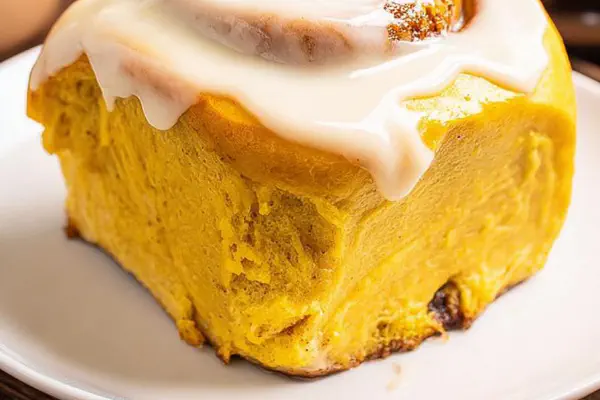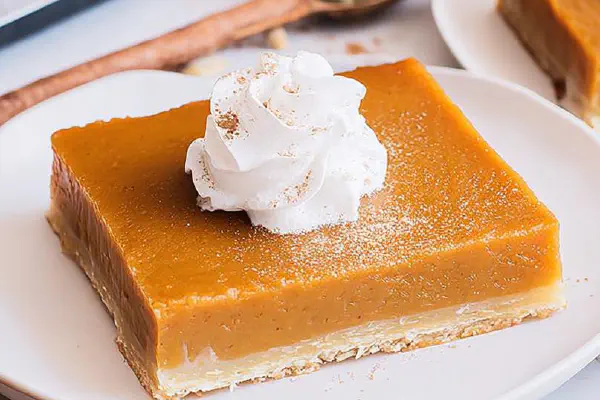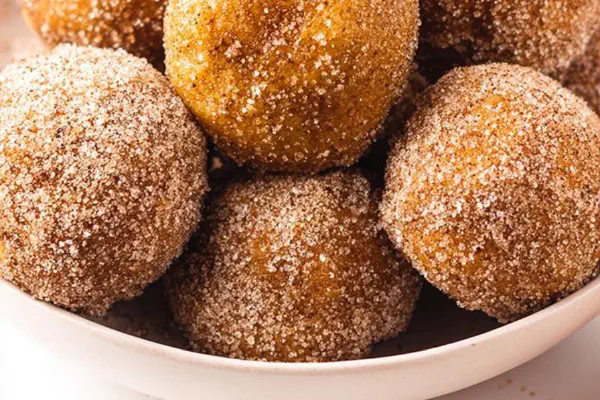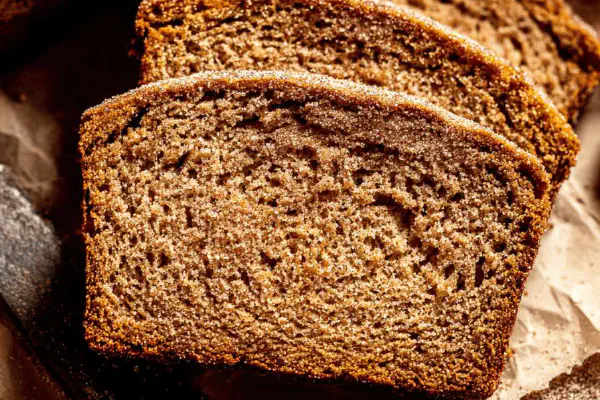Featured Recipe
Custom Pumpkin Pie Spice
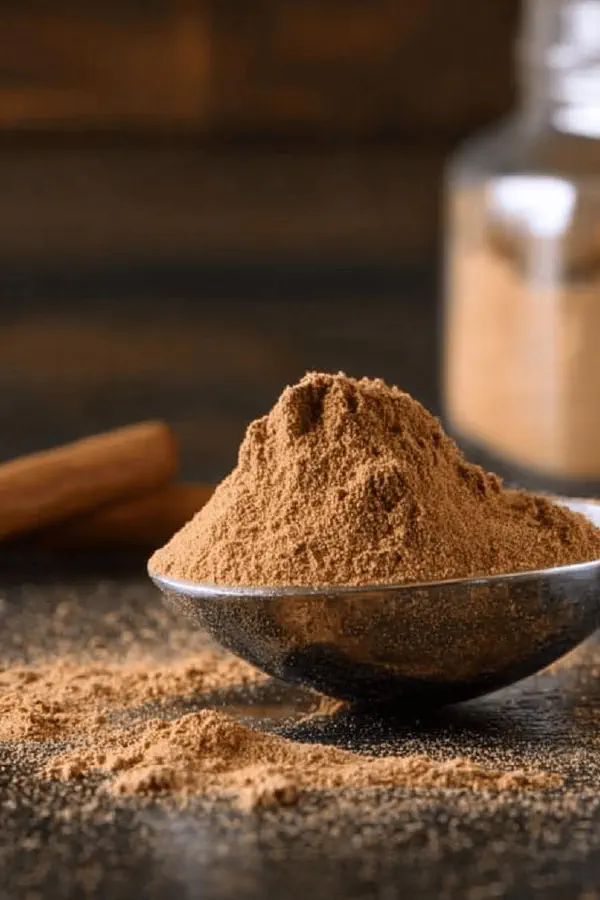
By Kate
"
A mix of ground cinnamon reduced by a third, ginger and mace take new spots, star anise and cardamom sneak in. Cloves stay but lightened up. Nutmeg’s dialed back with allspice swapped to a touch of coriander for a bright twist. No strict rules here—watch grind textures, adjust spice balance to taste. Mixing done fast—sounds of the spoon scraping the bowl, aroma lifts immediately. Great for pumpkin beyond just pie, think soups or roasting mix. Simple but needs an eye on freshness—spices lose punch quick. Swap cinnamon for cassia in a pinch, check for clumps; grind fresh if dull. Keep dry, dark spot for long life. Expect some settling—always shake before use. Freshness beats quantity.
"
Prep:
6 min
Cook:
0 min
Total:
6 min
Serves:
1 batch
spices
pumpkin
baking
fall flavors
Introduction
Spice blends—dead simple, usually overlooked. But chopping quantities blindly won’t cut it. Ratios matter. Cinnamon’s backbone, but dial it back or forward based on strength, type (cassia aggressive). Whole star anise is powerhouse, ground it’s sharper—go easy. Added mace for a bright edge; it’s not nutmeg’s cousin but bold on its own. Cardamom and coriander? Subtle complexity—brighten without shouting. Cloves—-heavy hitters disguised in pinch doses. Essential to toss and check texture, hydration can screw the whole pot. Aromas should pop instantly. Grind fresh if smells flat—check expiration date. Skin sagging on pumpkin pie? Over spice or under bake. Use this blend for roasting too—layers of flavor deepen under caramelizing sugars. Store tight; light kills magic. Simple technique, lasting punch.
Ingredients
About the ingredients
Spices vary wildly by brand freshness and grind level. I cut cinnamon by 33% here due to stronger cassia notes from usual sources. Fresh ginger boosts that zing, mace adds brightness; nutmeg is secondary now. Coriander replaces allspice—different scent profile, but adds a citrusy, woody character without overpowering. If no star anise, toss in a pinch of anise seed, but observe impact—too much anise can numb palate or clash with cinnamon. Cloves always sparse; they dominate quickly. Keep everything sifted or well broken up before mixing to avoid chunked spice bombs. Crucial step for even distribution in batter or dough. If dry climate permits, dry roast ground spices lightly for enhanced aroma and moisture control—but pay attention. Freshness is key. Adjust portions and choice based on fridge or pantry conditions, time of year, humidity.
Method
Technique Tips
Mixing is not just stirring and done. Feel the powder—no lumps, no gritty bits. Stir gently to prevent static clumps, but enough to combine evenly. Use small, narrow container to shake if making larger quantities. Immediately test aroma before sealing—freshly blended smells bright and intense. Store in glass or airtight container away from stove or light sources. If clumps appear later, discard or regrind rather than tampering with moisture—once spice mix has wet, flavor quality declines. When measuring out for recipes, consult freshness; reduce quantity when flavors stronger, increase if old. Quick dry roast spices first if humidity high or blend seems flat—the crackle sound and blossoming scent are your indicators. Use spoon or whisk to keep blend airy. Keep measuring spoons dedicated to dry spices, never dipping in wet batter.
Chef's Notes
- 💡 Freshness is essential—buy whole spices if possible. Grind them just before mixing. Sniff your spices chances are, if smell flat, they’re old. Adjust ratios based on strength.
- 💡 Cinnamon can easily overpower; reduce amount if using strong cassia. Mace gives a bright edge—light touch can enhance without drowning out. Stay mindful.
- 💡 Humidity can ruin spice blends; check storage conditions. Use dry spatula, bowl. If clumps appear, toss spices lightly in a dry pan to roast for 30 seconds. Watch closely.
- 💡 Test aroma right after mixing. Should smell vibrant. If off, maybe blend’s god or spices stale. Now, if dull, use more fresh ginger or coriander.
- 💡 Storing matters, keep spices in dark spots tightly sealed. Use within three months. Shake before each use to mix settled spices. Ingredients must stay dry.
Kitchen Wisdom
What if spices clump together?
Clumps happen with moisture. Dry tools beforehand. Roasting can help. Try again if it feels off.
Can I substitute something?
Sure, switch cassia for cinnamon, pick anise seed if no star anise. Just watch for flavor clashes if less is more.
Aroma seems flat, why?
Check freshness first. Maybe spices aged poorly, or too much blending. Explore ratios. Add ginger for a boost!.
Best way to store spice mix?
Use airtight containers, dark cool locations. Try glass—keeps magic, prevents light. Discard if moisture gets in.
